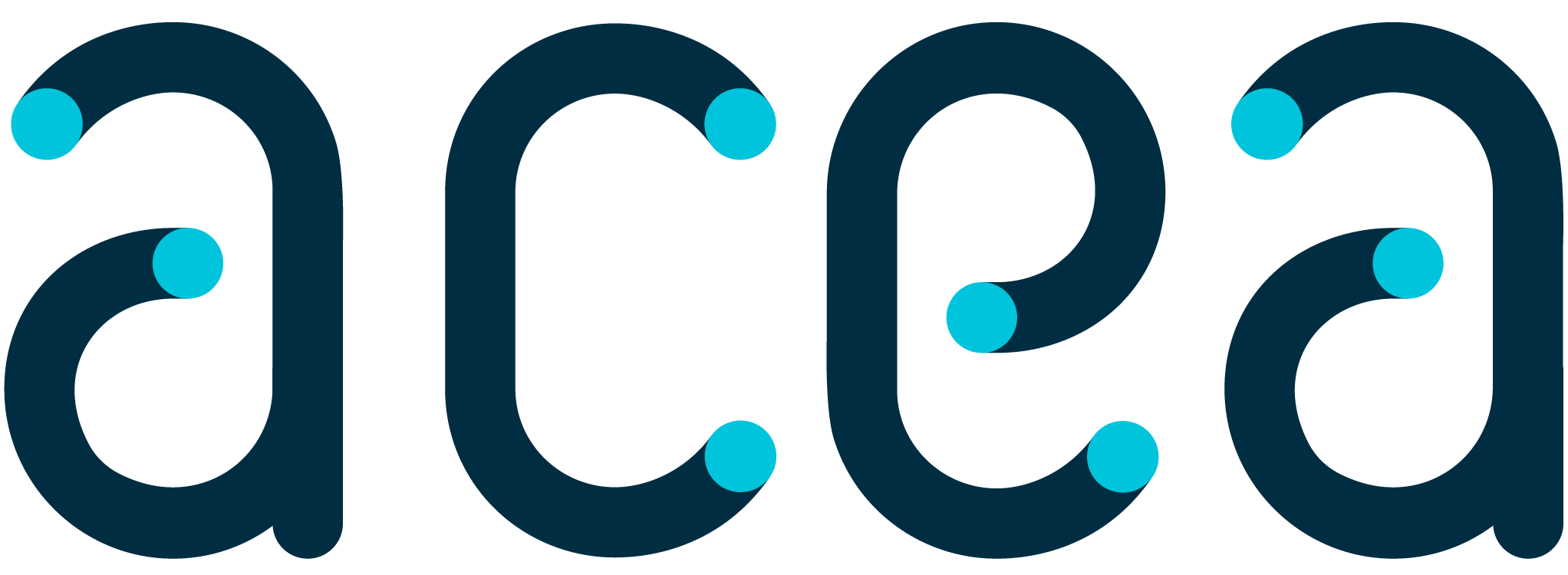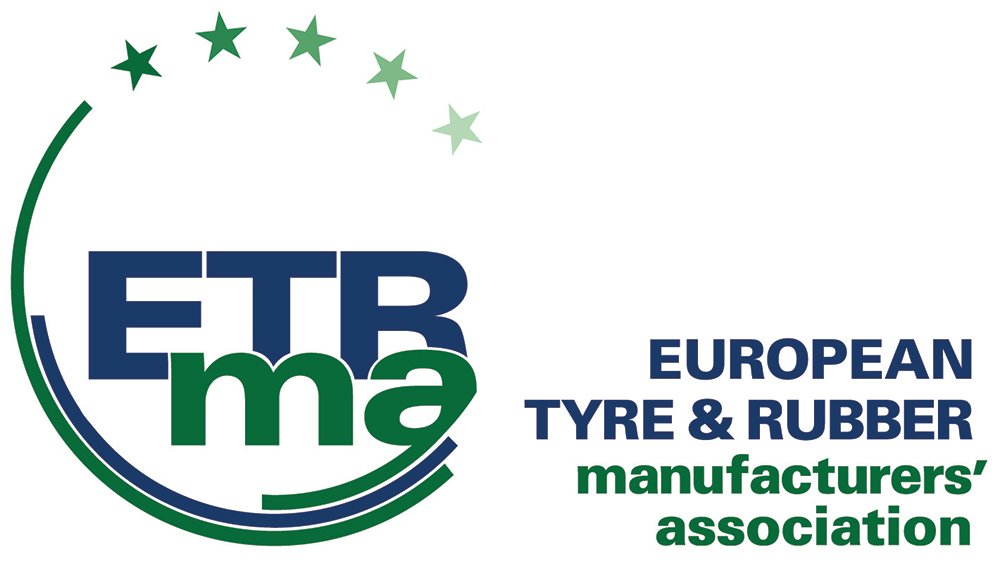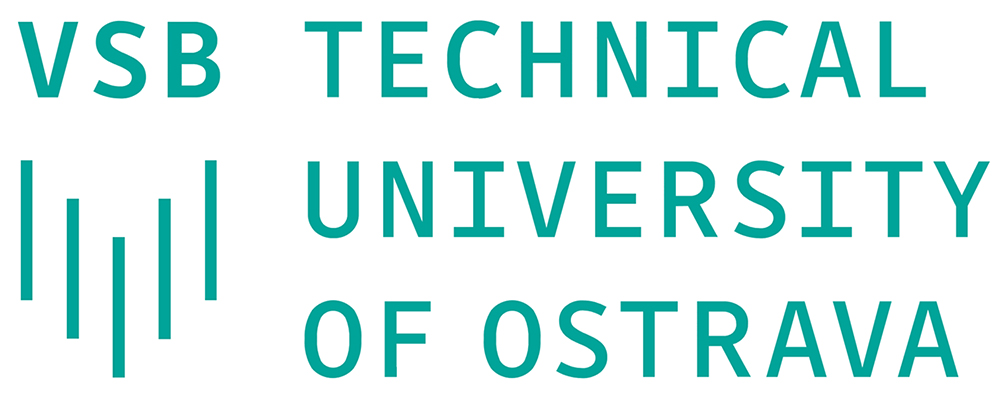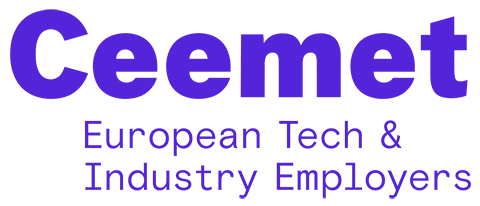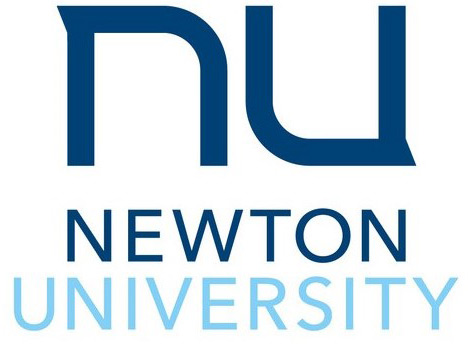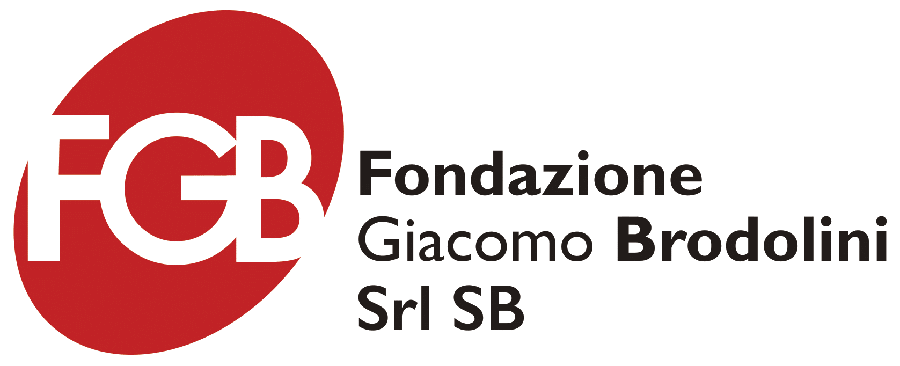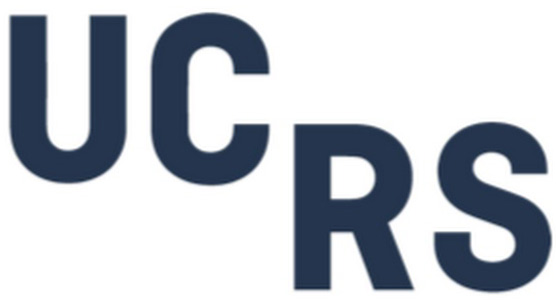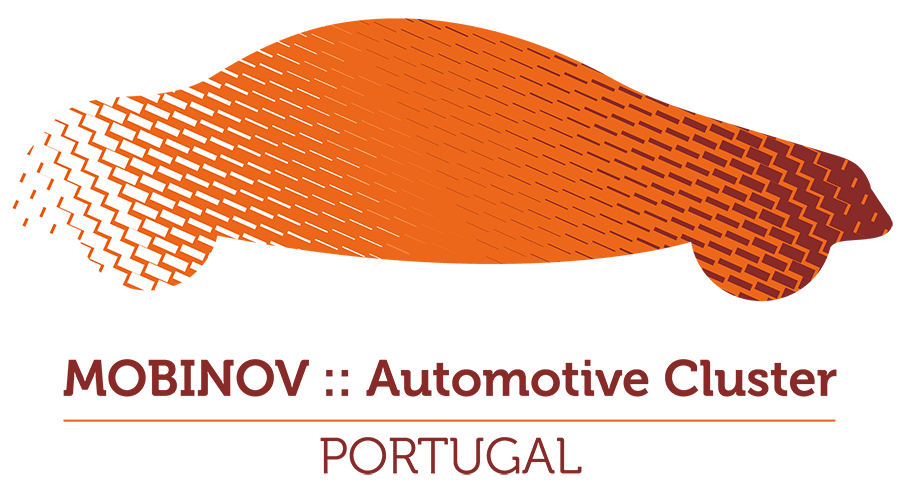About Us
CONTEXT
As one of Europe's major industries, the Automotive-Mobility sector takes centre stage in showcasing the continent's transition toward a green and digital economy. This dual transformation, confronting both European society and its economy, promises to reshape the landscape of key actors. The evolution is significantly underscored by robust interlinkages between diverse players within this sector. These connections span the automotive value chain, the IT sector, and the integration of various applications and novel energy carriers in transportation. Moreover, the ripple effect extends to encompass innovations in services, logistics, interconnectivity, and the realm of connected and automated vehicles, fostering a comprehensive and interconnected transformation throughout the Mobility-Transport-Automotive ecosystem.
The transport and mobility sector stand out as pivotal components of the Clean Industrial Deal, embodying a crucial thrust towards achieving climate neutrality by 2050. The forthcoming decades will witness a profound evolution in the sector, spurred not only by the overarching environmental goals but also by initiatives like the "fit for 55" package, which underscores the rapid transformation across various segments of the mobility ecosystem. This shift is particularly pronounced in the march towards zero-emission mobility.
Concurrently, the digital transformation aligned with the EU Digital Agenda, along with the introduction of new services, is set to unlock opportunities for innovative business models. This includes integrating IT applications into novel production and retail processes, thereby facilitating a seamless transition towards environmentally conscious practices. Consequently, it is imperative that green and digital transformations progress go hand in hand within the mobility ecosystem, ensuring a harmonised and sustainable trajectory for the future.


